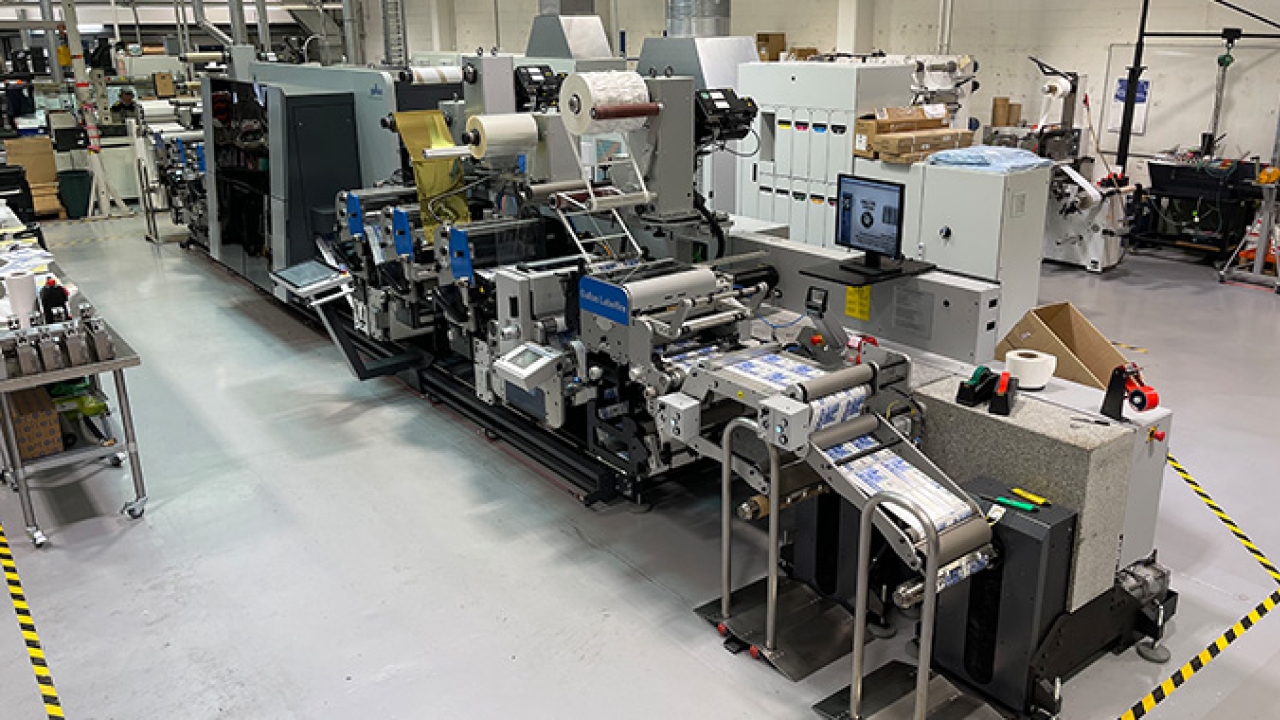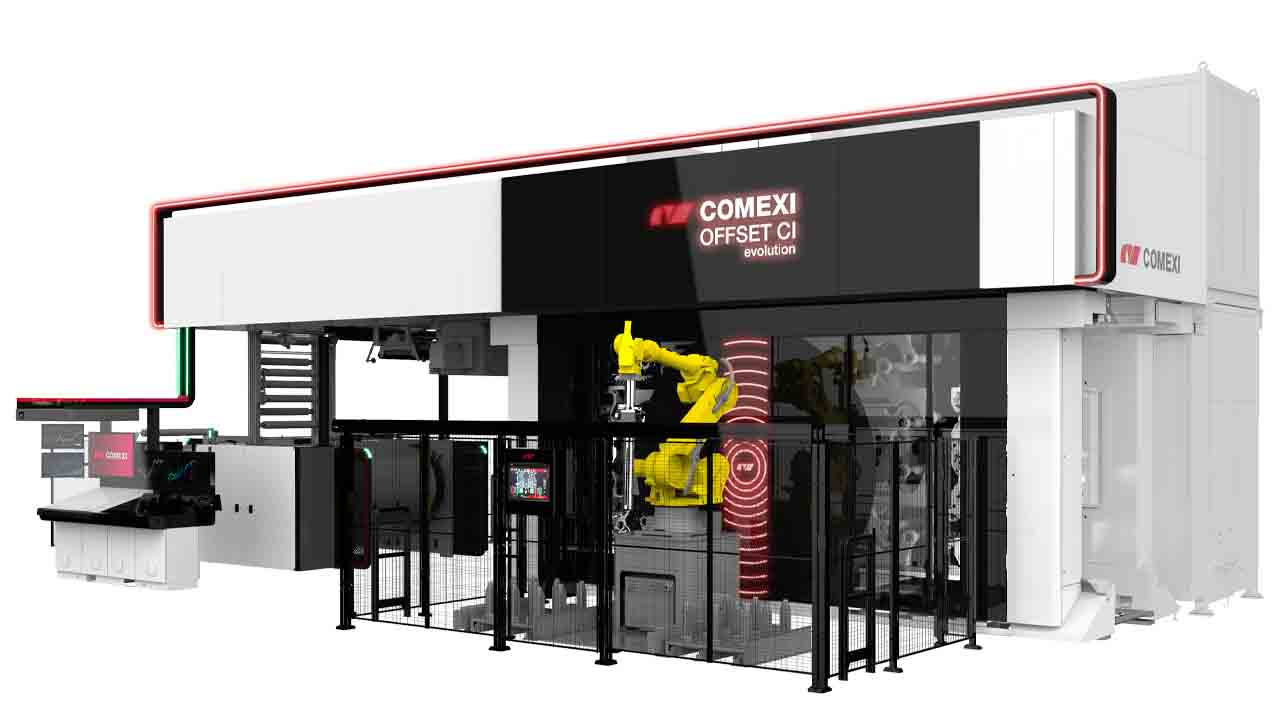PhilStic installs first Labelfire in New Zealand
PhilStic, a family-owned label converter in New Zealand, has marked its 40th anniversary with an investment in the first Gallus Labelfire 340 in the country.

The company, founded by Phil Fewings in 1981, is now under his daughters Helen Fewings, managing director, and Rebecca Piek, director. With a promise to provide a 24-hour turnaround service, and a reputation for delivering a wide variety of labels, PhilStic already sees benefits of installed in mid-June machine.
“The Labelfire delivers accurate color matching and repeatability, whether that’s across various labels in a range, different product labels for the same brand, or repeats of previous runs,’ commented Bart Mann, production manager at PhilStic. ‘We can have eight or more versions of a label in a job, so being able to achieve that consistency across the entire range easily is vital. As well as significantly reducing lead times and enabling the company to lift capacity without having to increase staff numbers, Holmes adds that the Labelfire has also exponentially increased the number of options PhilStic can offer to its customers.’
‘This new Labelfire press features all the latest improvements and enhancements and has been configured to our specifications,’ added Steve Holmes, operations manager at PhilStic. It includes two flexo printing units and metallic cold foil upstream of the central digital inkjet print unit, and a further three flexo units, plus a cold foil station for foiling or lamination, as well as a varnishing unit with an extended curing track, all downstream.’
According to Holmes, one of the critical advantages of the Gallus Labelfire is that it’s a true hybrid machine, so the whole label converting process can be handled in a single pass, with quick set up, very fast run speeds and easy operation.’
‘Quite simply, it was by far the best solution to produce the quality and variety of products we need, productively and profitably – and our operators love it,’ added Holmes.
‘We produce a huge range of products, with a special focus on booklet and multi-web labels for the chemical industry – just one of the sectors which require extreme accuracy and precision processing,’ said Mann.
‘The Gallus applies the ink directly to the substrate, with no mixing or need for additional calibration, and the Heidelberg ink set is fantastic for lightfastness and longevity. That’s important, particularly for some labels used on things like chemical drums, which are often stored outside. The color consistency is also a huge bonus with high-end, brand-conscious clients and regular repeat jobs.
‘Gallus and Heidelberg make service and support a priority with factory-trained technicians not only here in Auckland but backed by experts in Sydney and Melbourne. This longstanding relationship, not only with Gallus but with Heidelberg in this region, gives us the kind of confidence you need in your supply partners.’
Dierk Wissmann, national sales manager for Heidelberg, said: ‘It’s this versatility, productivity and quality which continues to impress both print businesses and their customers. As well as CMYK + white, the machine can be ordered – as this one for PhilStic has been – with an extended color gamut including green, orange and violet. That allows for a very high accurate coverage of the Pantone Plus Color Gamut.’
Stay up to date
Subscribe to the free Label News newsletter and receive the latest content every week. We'll never share your email address.

